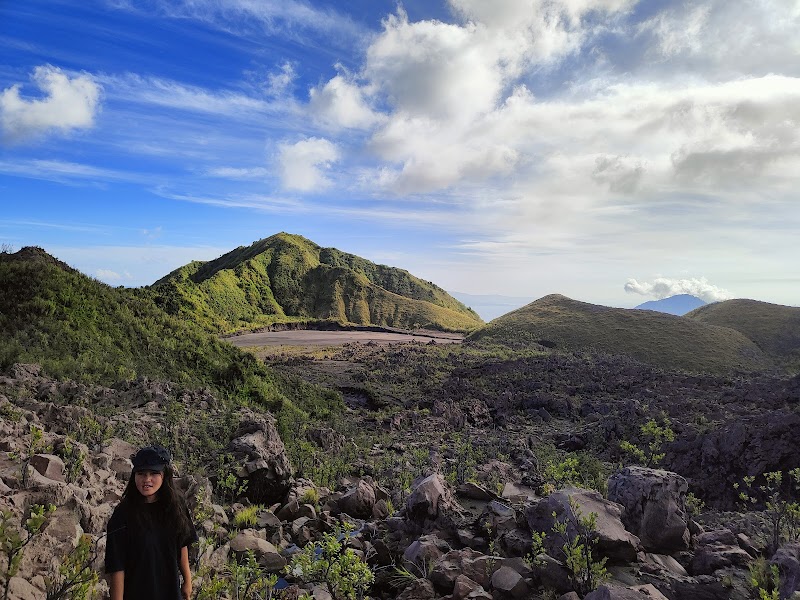
Aketajawe-Lolobata National Park Adventures
Aketajawe-Lolobata National Park, located in North Maluku, Indonesia, is renowned for its rich biodiversity and vibrant ecosystems. This park offers a natural sanctuary for a variety of exotic wildlife, making it a haven for nature enthusiasts and wildlife watchers.
About Aketajawe-Lolobata National Park

Aketajawe-Lolobata National Park spans the North Maluku province of Indonesia, offering a diverse landscape that includes dense rainforests, rivers, and mountains. This biodiversity hotspot serves as a vital habitat for unique species such as the endemic Moluccan cockatoo and the elusive Halmahera golden bulbul. Initially established to conserve the island's sprawling rainforest ecosystem, the park plays a key role in protecting its flora and fauna. Visitors are drawn to its lush trails and the chance to see rare birds and unique biodiversity in their natural habitats. The park is also culturally significant, with local indigenous communities maintaining traditional practices and living in harmony with the environment, thus adding another layer of richness to the visitor experience.
Highlights
Exploration of the diverse ecosystems across lowland rainforests and mountainous regions
Opportunity to see endemic and rare bird species including the vulnerable Moluccan cockatoo
Interactions with indigenous communities who reside in the area and maintain traditional lifestyles
The Benari River offers serene views and potential wildlife sightings along its banks
Notable Natural Features
Benari River
A scenic river flowing through the park, offering peaceful surroundings and opportunities to spot wildlife.
Moluccan Cockatoo Habitat
Home to the vulnerable Moluccan cockatoo, a highlight for birdwatchers and conservationists.
Indigenous Villages
Experience local culture and traditions through visits to communities within the park.